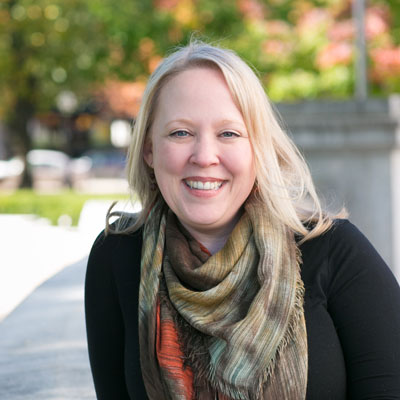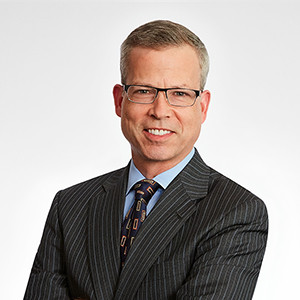On Thursday, September 25, the Public Service Commission of Wisconsin (PSC) approved two utility-scale clean energy projects. Collectively, Badger Hollow Wind (Iowa and Grant Counties) and Whitewater Solar (Jefferson and Walworth Counties) add up to 298 Megawatts (MW) of clean energy!
Badger Hollow Wind
Starting with Badger Hollow Wind—the first 100+ MW project in more than a decade at 118 MW—is a major step forward in Wisconsin’s clean energy future. To meet our net-zero goals, we need to install about 21 Gigawatts of wind energy by 2050.
In taking up the Badger Hollow Wind application, the PSC addressed several issues. In their decision, they considered the requirements of Wisconsin’s wind siting rules and determined that the wind project is in full compliance with sound, shadow flicker, decommissioning, and more.
The PSC also noted public confusion about primary and alternative turbine sites, which are a required part of the process, and limited the wind project to no more than 19 wind turbine sites for the purposes of public clarity. They also applauded the use of an Aircraft Detection Lighting System (ADLS) to reduce blinking lights at night. While the Federal Aviation Administration requires blinking lights to avoid aviation incidents, ADLS will greatly reduce the frequency of blinking, and this will mark the first use of this new technology in Wisconsin!
Expanding the state’s portfolio of wind energy is essential to ensuring we have reliable, clean energy round-the-clock, but that’s not all the project will accomplish. In the testimony RENEW filed with the PSC to support this project, we highlighted several local and statewide benefits.
Benefits of Badger Hollow Wind:
Economic Growth: Badger Hollow Wind will create hundreds of jobs during construction, as well as good-paying, long-term operations and maintenance positions. The project is expected to produce $3.2 million in additional economic activity in Wisconsin.
Community Benefits: Once in service, Badger Hollow Wind will contribute more than $500,000 in utility-aid payments each year. Over $300,000 of this will go to Grant and Iowa Counties, and over $200,000 of this will go to the towns of Clifton, Eden, Linden, Mifflin, and Wingville.
Landowner Engagement: Invenergy has been a good partner to landowners, respecting their property rights and regularly checking in with them to ensure their relationships are positive. Payments to landowners help farmers directly, but Invenergy intends to go the extra mile by building access roads to turbines that farmers can use for their operations.
Whitewater Solar
Whitewater Solar, unlike Badger Hollow Wind, is one of many solar projects to get approved over the last few years, but we’re excited all the same. The 180 MW project takes us another leap forward toward meeting our clean energy goals.
Just as we did with Badger Hollow Wind, RENEW filed testimony with the PSC to show how Whitewater Solar will benefit the state and the communities the project will call home.
During the open meeting, the PSC dove into proposed modifications and conditions to the solar project. Along with standard conditions, the PSC approved additional requirements that address concerns specific to the Whitewater Solar project. In particular, the PSC will require conditions related to the location used for temporary storage of construction equipment, a filing of signed Joint Development Agreements with local governments, and a landowner complaint process to make it easier for the developer to work with local residents before commencing construction.
Benefits of Whitewater Solar:
Economic Growth: Whitewater Solar will create hundreds of jobs during construction, as well as good-paying, long-term operations and maintenance positions. It is expected that this project will produce $259 million in additional economic activity in Wisconsin.
Community Benefits: Once in service, Whitewater Solar will contribute more than $900,000 in utility-aid payments each year. These payments will go to Jefferson and Walworth Counties, the City of Whitewater, and the Towns of Whitewater and LaGrange. Utility-aid payments produce additional revenue for local governments to use to fix roads and support local municipal services, all without creating an additional tax burden for residents.
Collectively, these two projects will reduce emissions by 543,000 tons of CO2 in their first year of operation, which would otherwise come from fossil fuel generators if these projects were never built. This means cleaner air and water, along with mitigating climate change. If you expand that over the lifetime of each of these projects, that would lead to millions of tons of CO2 that we don’t send into our atmosphere. These projects will also lead to reductions in particulate matter and ozone pollution, which means healthier outcomes and reduced healthcare costs for Wisconsin residents. Those who suffer from asthma or have heart conditions are particularly at risk when it comes to air pollution.
Thanks to everyone who helped get these projects across the finish line. Comments from the public, testimony from our partners, and the work on the ground in communities across the state are needed for every project. Through our collective action, we make our clean energy future a reality.



